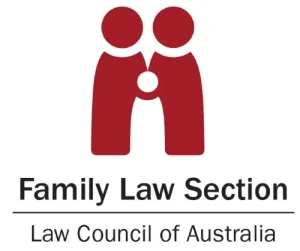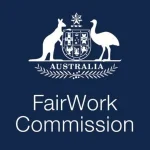If any of these 10 changes happen in your life, it’s time to update your will

For your estate plan to be as effective as possible, it needs to be as up to date as possible. Quality estate planning is like having insurance in place for your family. It is insurance which protects the distribution of your assets, and ensures it’s done in the way you want. It also reduces the likelihood of family disputes arising, and unnecessary legal hurdles for your family after you die.
Case Study: Why you shouldn’t make handshake deals when it comes to the family farm

Handshake deals between family members are a common precursor to many intergenerational farming disputes. As a disputed estate specialist, I deal with the fall-out of handshake deals every day.
It takes a village to have a child: surrogacy in South Australia

They say it takes a village to raise a child, however in surrogacy world, we say it takes a village to make one. I am fortunate enough to work in one of the brighter areas of law, which involves helping Australian families work with their surrogates and create the family they’ve always wanted.
The End of COVID Mandates

At 12:25pm on 24 May 2022, the Emergency Management Declaration made pursuant to the Emergency Management Act that allowed South Australia’s Police Commissioner Grant Stevens to impose COVID-19 lockdowns, mask and vaccine mandates has been revoked.
Mandated Vaccinations – are they legal?

The expected rise in COVID-19 transmission means everyone should be aware of their rights and responsibilities when it comes to safety at work and workers compensation.











